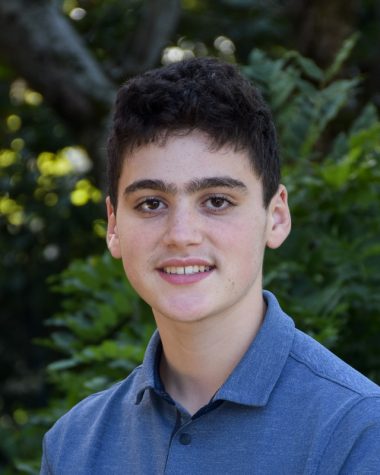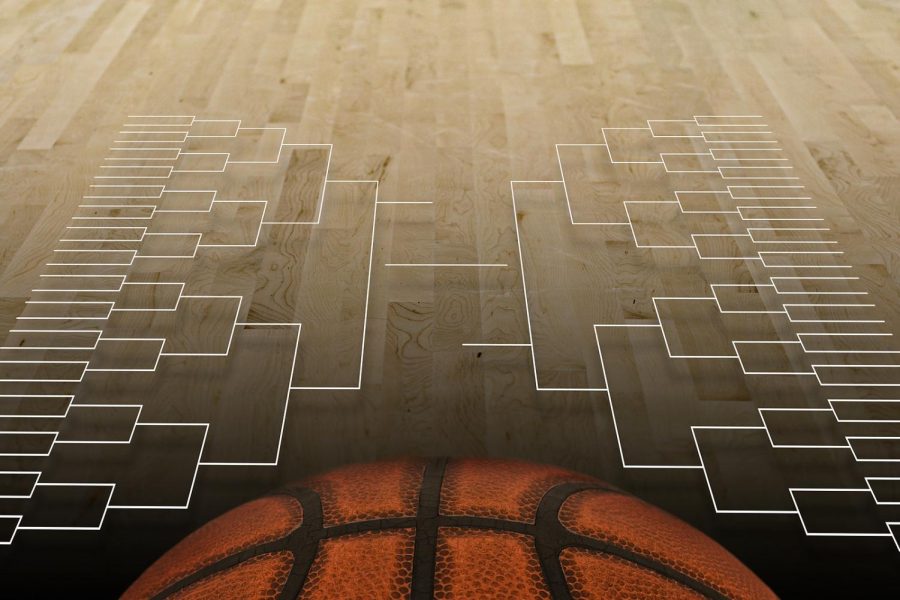Op-Ed: Bracketology, My March Madness Obsession
Outside of March Madness, I don’t think I have ever watched a college basketball game.
In fact, I don’t watch much basketball at all. Occasionally I see clips come up when I’m watching videos on YouTube, and I used to go to a Celtics game with my grandpa every few years. At the height of it, I played basketball in middle school.
That is roughly where my experience with the sport ends. If you asked me to name NBA players, I doubt I could make it into the double digits.
Why do I care about March Madness? Because somehow, every March, I become obsessed with bracketology.
You may be thinking, “That’s not a real word.” If you think that, you’re technically correct. The Merriam-Webster Dictionary defines it as “the practice or study of predicting the outcome of an elimination tournament or competition.” However, Webster lists it in the category of “Words We’re Watching. ” meaning it is not yet an official word.
Still, I find myself making brackets each year in both the Men’s and Women’s tournaments. I even made some “Second Chance” brackets this year, which begin at the Sweet 16. You might ask why.
We’ve all heard the numbers. “One in 389247403320895 brackets would be perfect,” or something.
Don’t fact-check that—I typed in random numbers on my keyboard. The actual number is 9223372036854775808. My random number was four digits too short. It is statistically 438,095 times more likely that you will be hit by a falling satellite than make a perfect bracket.
So, the odds are low. We’ve established that. Yet I, and roughly 70 million others, still do it. And honestly, I don’t have a clear answer to the main question. Simply put, I find it fun. I enjoy scouring through the ESPN statistics. I love picking upsets—probably too many—like the University of Vermont making the sweet 16 simply because my dad went there.
Sometimes I’m successful: this year, a men’s bracket of mine made it to 100 percent—above 99.5, so it rounds—although admittedly, it was decided through ESPN’s calculator, and my main women’s bracket, which I actually made myself, hovered near 100% through the first few rounds and fell all the way to 76% after the University of Connecticut, a school I am considering attending, lost the championship.
In other cases, I’ve been very unsuccessful: arguably my most impressive feat of the year is randomly picking a women’s bracket that somehow ended up with none of the Sweet 16.
I also love the feeling of picking upsets correctly, which is possibly why I choose more than my fair share.
Everyone loves to root for the underdog, and the 15 seed St. Peters’ University run to the elite eight captivated the country because the odds were so low.
Here is where the true meaning of March Madness lies for me: I love to expect the unexpected, and when something happens that I didn’t expect, it excites me even more.

























































Jack • Apr 7, 2022 at 1:41 pm
This article is great and the numbers and bracketology dictionary definition are hilarious